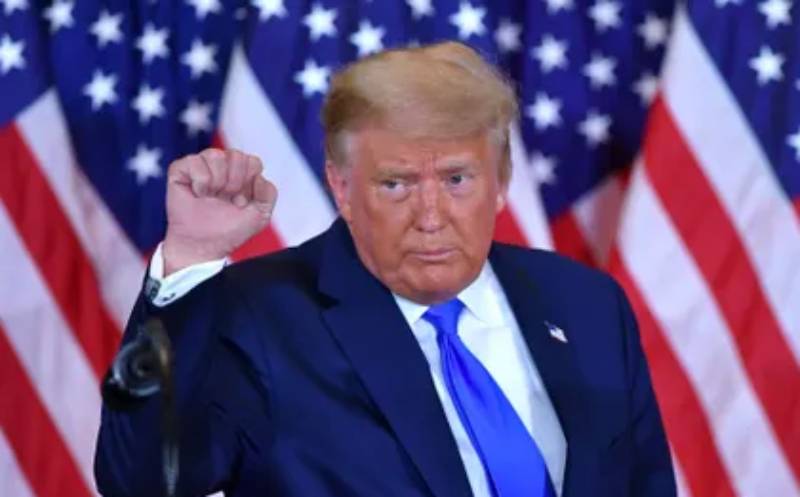×
The Standard e-Paper
Kenya’s Boldest Voice

It was a case of unusual editorial decision. Key global television stations decided to cut away a 16-minute speech by US President Donald Trump (pictured) loaded with allegations of illegal votes in favour of his rival Joe Biden.